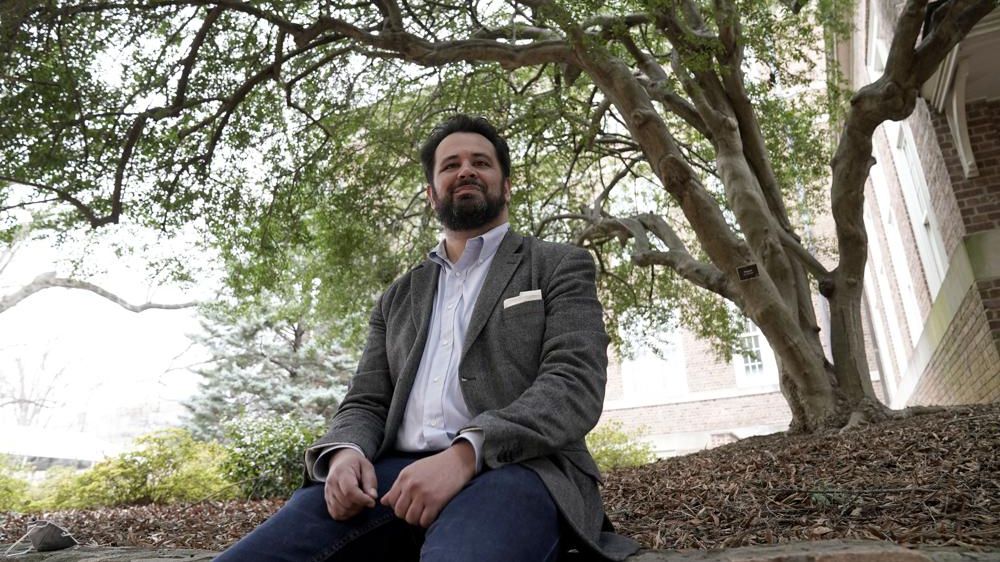LOUISBURG, N.C. – Carrie Gilliam is spending a weekday afternoon working around the house. It’s not the kind of work she’d be doing this time of day during normal times.
“Because our little boy is on the internet with virtual school, and our bandwidth is so poor, I cannot work while he’s also on,” says the Louisburg resident.
Carrie’s a photographer but her boy is using her laptop because the school-issued iPad has a hard time connecting to his class.
“It’s common for kids to get kicked off once or twice throughout the day maybe, but for us it’s repetitive - every few seconds he’s kicked off,” says Gilliam, mother of 6-year-old Cameron.
Cameron still uses the iPad to turn in his assignments, but even uploading a picture feels like an eternity.
On some days Carrie takes her boy to her downtown Louisburg office where both can access reliable internet, but not every family has that option.
Democratic candidate for state superintendent of public instruction Dr. Jen Mangrum says she’ll fight to allow communities to build their own broadband networks.
“We cannot have an excellent school system until we have excellent and affordable internet for our students. The Republican leadership in the General Assembly has opposed over and over again the right of municipalities to establish their own internet services,” says Mangrum, a professor at UNCG.
Republican candidate Catherine Truitt promises to advocate for federal investments to bring robust Wi-Fi to rural areas. She also wants to expand a state program that provides grants to service providers who bring high speed internet to rural, economically disadvantaged areas.
Truitt also supports providing subsidies to families that can’t afford internet subscriptions.
The State Board of Education recently approved a policy to direct part of its cares act funding to a pilot program to analyze broadband.








